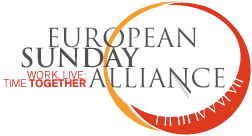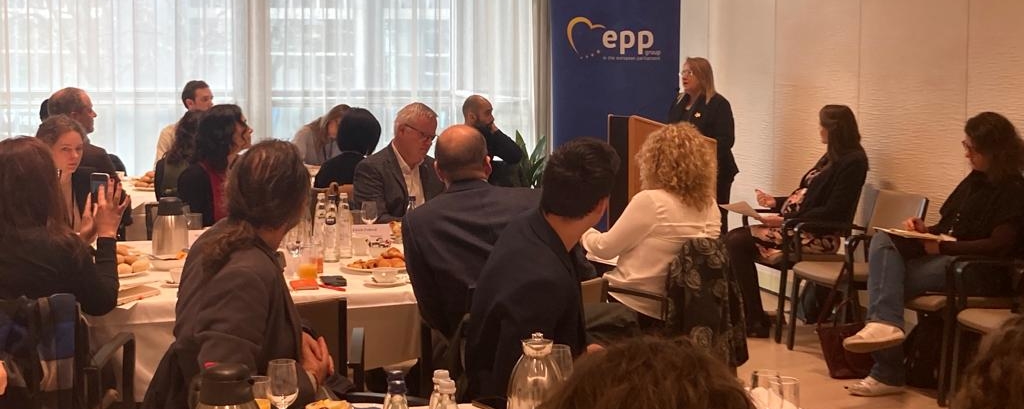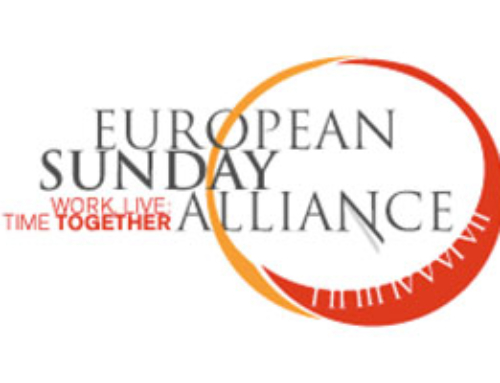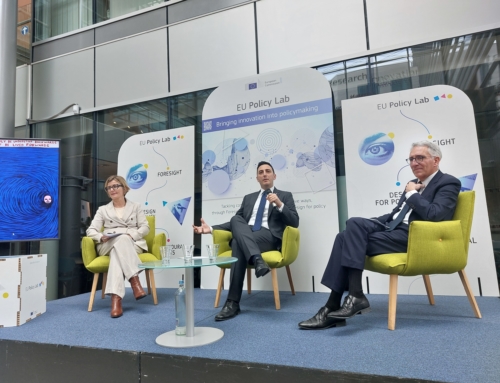Article published on the European Sunday Alliance Website
28 April 2023,
The European Sunday Alliance organized on Wednesday 26 April 2023 a Breakfast event in the European Parliament on the topic “Work and loneliness: Quality resting time for an improved mental health of workers”. FAFCE is Member of the Steering Committee of the European Sunday Alliance and has been an active advocate for the Sunday rest in Europe for the past years.
The event was hosted by MEP Miriam Lexmann (EPP, SK), Sponsor of the European Sunday Alliance, and member of the European Parliament’s Committee on Employment and Social Affairs (EMPL). She stressed in her work the phenomenon of loneliness as one of the most important issues to address as policy makers, which aim should be to ensure workers have more time together with their family.
This event took place in the context of the upcoming European Commission’s initiative on Mental health planned for the 2nd semester of 2023, and was following-up the Conference on the Future of Europe and the priority of mental health issues identified by EU citizens, especially in the context of (post-)covid. It also followed a recent JRC report on Loneliness in the EU.
Speakers included MEP Miriam Lexmann, Mr. Colin Scicluna, Head of Cabinet of European Commission’s Vice-President Dubravka Šuica, H.E. Marie-Louise Coleiro-Preca, President of Eurochild and President Emeritus of Malta, and Mr. Stefan-Bernhard Eirich, Federal President of the German Catholic Workers’ Movement (KAB) Germany. The event was attended by trade unions, employer organisations, and key EU stakeholders working on mental health issues.
As stressed by Mr. Scicluna “84 million people are impact by loneliness in Europe, it represents 1 person out of 6.” Eurochild President, H.E. Marie-Louise Coleiro-Preca, insisted that “children are directly impacted by their parents’ work life: they will perform better academically, avoid addictive and violent behaviors and have an overall better wellbeing when having more interaction with their parents”. Mr. Eirich recalled that “life is more than work” and stressed the need for a uniform and clear limitation of Sunday work.
Participants discussed the need for flexibility on the labour market in a (post-)covid context, while at the same time preserving a synchronized day of rest for workers, notably to allow families to spend time together, allow time for community and social friendship, and for spiritual activities, thus decreasing loneliness and improving the quality of resting times and mental health issues. This has, in turn, a positive social and economic impact on the whole society.
The European Sunday Alliance asked the European Commission to request a research on the positive effect of quality resting time, and in particular of a common weekly day of rest, to improve workers’ work-life balance and reduce mental health issues. In addition, the Alliance insisted on the importance to bring this issue into the upcoming Mental health initiative of the European Commission.
As a follow-up action, FAFCE is currently drafting a contribution to the work of the European Commission on mental health in Europe, to stress the need of families at all the generational levels, from parents to grandparents and children.








